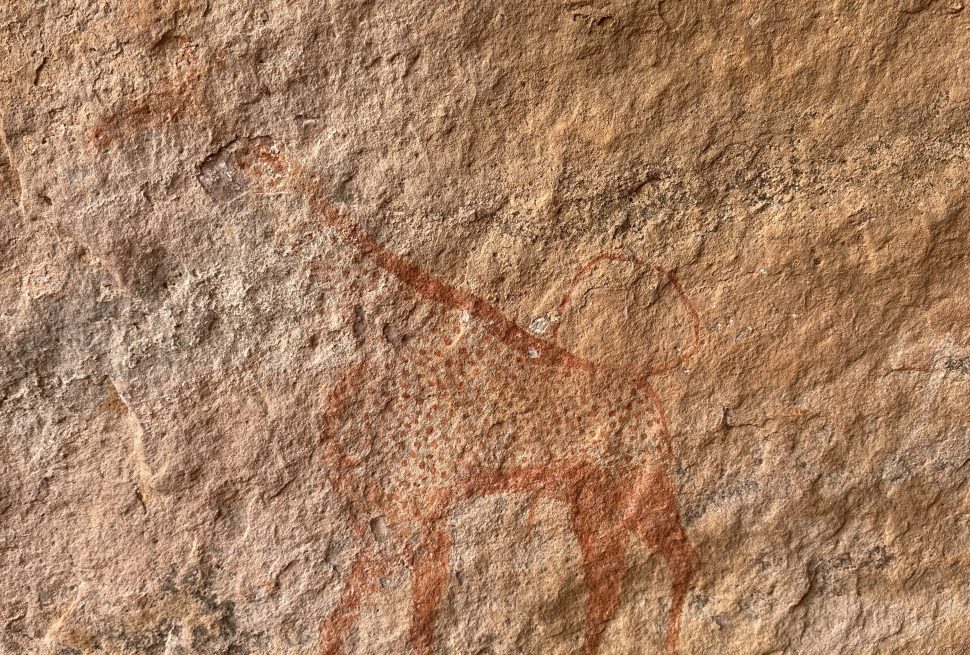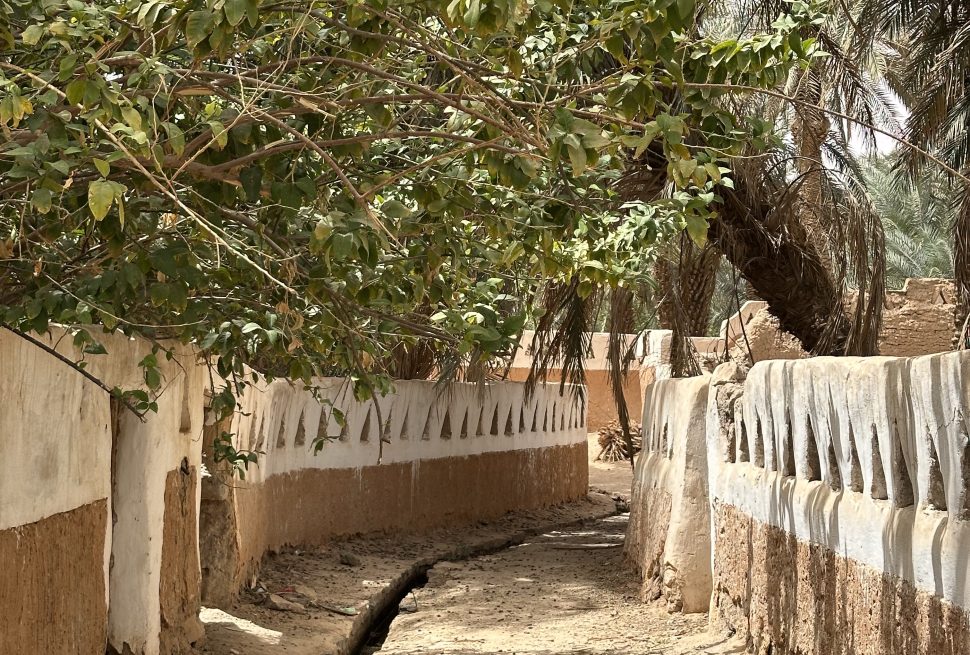Libya’s Omar al-Mukhtar is remembered by Libyans as far more than a historical figure. He is the Lion of the Desert, a symbol of courage, unity, and sacrifice who continues to shape the national identity nearly a century after his death. His life, marked by resilience and faith, is woven into the very fabric of Libya’s story.
A Leader Forged in Cyrenaica
Born in the Cyrenaica region in 1858, Omar al-Mukhtar grew up immersed in Islamic learning and the traditions of the Sanusi Order. Known for his integrity and wisdom, he earned respect among tribes that often lived in conflict. When Italy invaded Libya in 1911, seeking to establish a colony, al-Mukhtar became the natural choice to lead resistance in eastern Libya.
To Libyans, his leadership was not only military but also moral. He embodied justice, fairness, and an unshakable commitment to his people. In the chaos of occupation, he represented a steady anchor, uniting communities under a shared cause.
The Long Struggle Against Italy
For two decades, Libya’s Omar El Mukhtar led guerrilla campaigns against Italian forces. His fighters relied on intimate knowledge of the desert, striking quickly and retreating into the harsh terrain of Cyrenaica. Despite limited weapons and resources, they resisted the might of an empire.
The Italians responded with brutal tactics—concentration camps, executions, and the destruction of villages. Yet al-Mukhtar never surrendered. To Libyans, this persistence symbolized more than a fight for land; it was a fight for dignity. His resistance gave ordinary people a reason to endure, even in the face of overwhelming hardship.
Martyrdom and Memory
Captured in 1931 at the age of 73, Libya’s Omar El Mukhtar was put on trial and offered a chance to save his life. He refused to compromise his principles. On September 16, he was hanged in front of thousands of Libyans. The Italians hoped his death would crush the spirit of resistance. Instead, it elevated him into legend.
To this day, Libyans speak of his final moments with reverence. His dignity at the gallows transformed him from leader to martyr, ensuring that his story would live on through generations. His name became shorthand for sacrifice, justice, and unbreakable will.
Who He Is to Libyans Today
Omar al-Mukhtar’s face appears on Libyan currency, his name graces streets, schools, and institutions, and his story is retold in homes across the country. But beyond symbols, he represents something deeper: a reminder that Libya’s identity is rooted in resilience.
For Libyans, al-Mukhtar is not a distant historical figure but a presence in everyday life. Parents teach their children about his courage, and his story is invoked during times of national hardship as a source of strength. He stands as proof that even against powerful empires, ordinary people can defend their land and values.
Al-Mukhtar is also a unifying figure in a country often divided by region and politics. His struggle belongs to all Libyans, transcending tribal, regional, and ideological lines. He is a shared ancestor of pride, a hero whose memory fosters unity when other bonds seem fragile.
Legacy Beyond Libya
While his role in Libyan memory is most profound, al-Mukhtar’s story also resonates across the Arab and Muslim worlds. He is celebrated as one of the earliest modern leaders of anti-colonial resistance, admired not only for his bravery but also for his faith and humility. The 1981 film Lion of the Desert brought his story to global audiences, further cementing his status as an international symbol of dignity.
The Enduring Lion
Libya’s Omar El Mukhtar’s life was short in years but vast in meaning. To the Libyan people, he remains the Lion of the Desert, the man who proved that freedom is worth sacrifice. His memory is a guidepost for unity, resilience, and faith—a legacy that continues to roar across the desert sands.
At IntoLibya, we believe that understanding Libya begins with understanding its heroes. To walk the landscapes where al-Mukhtar fought is to encounter the spirit of a people who refuse to bow to oppression. Join us to experience Libya’s history and discover why the Lion of the Desert still lives in the hearts of its people.



